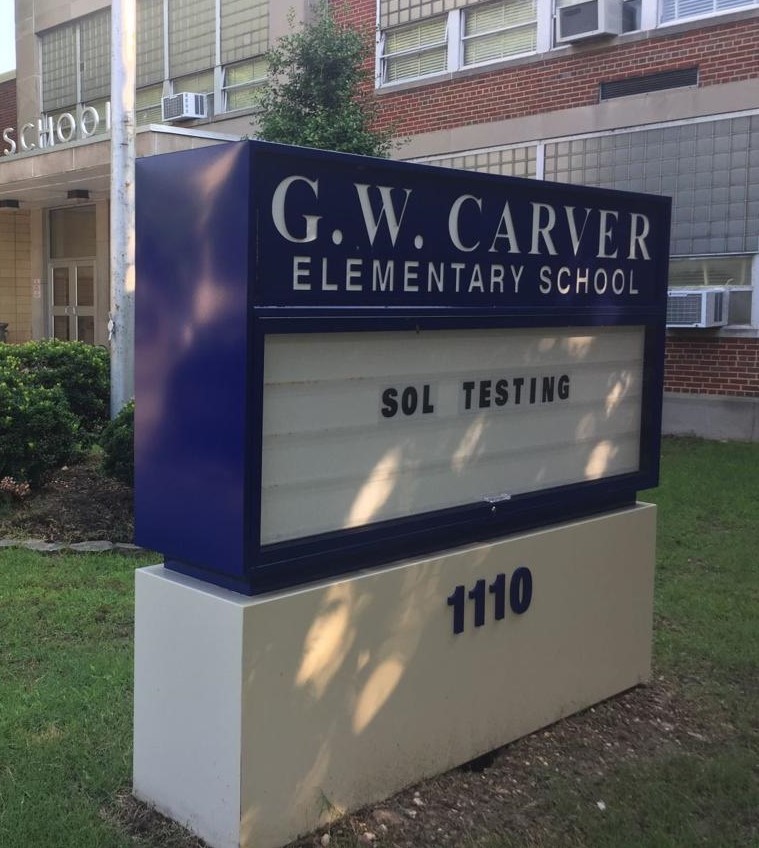
Another cheating scandal is in the news, and parents always seem so surprised. It really should not be surprising; teachers and administrators are essentially incentivized to cheat. From Bush Jr.’s No Child Left Behind to Obama’s Race to the Top our duly elected representatives have increasingly linked school funding and employee bonuses to standardized tests scores. It was done with the best intentions, but the consequences have been disgraceful. Yet the parents of school age children wait, patiently unaware of their eminent significance as the solution to this problem.
Nearly a decade ago, the Atlanta cheating scandal hit the news. Since then cheating on standardized tests has been reported in 80% of American states, including Virginia. Despite the indictments of 11 former Atlanta public school teachers, some Virginia educators continue to consider the practice to be profitable. A July 30th report from the Virginia Department of Education concluded that “inappropriate assistance was provided by some [staff]” at Richmond’s Blue Ribbon elementary school, G.W. Carver. Furthermore, the extent of the cheating seems to have been considerable. More than 60% of 6th graders at Albert Hill Middle School, high school class of 2023, failed both the math and reading sections of the Standards of Learning tests after leaving Carver.
The reason some teachers and administrators continue to choose to rig standardized testing is because incentives matter. For some teachers, the benefits of cheating, including financial bonuses, outweigh the potential costs (or risks) of either being caught or earnestly trying to improve educational outcomes within a school.
Testing scandals happen more often in lower performing, urban districts and nearly always involve the administration at some level. These two circumstances can lead some teachers to underestimate the risks of cheating. Due to high turnover among teachers, increased training costs, and the tendency of less qualified instructors to end up in high-poverty school systems, improving educational outcomes in poorly performing, high poverty schools can be a difficult challenge. Additionally, the involvement of school or district administrative staff in testing fraud may contribute to a belief that there is a lower probability of being caught or, if caught, being held accountable. In these rather common circumstances, funding and pay bonuses for exemplary or greatly improved testing scores will naturally breed a willingness to game the system among some educators.
What’s further, these incentives also change the dynamic between school administrators and policymakers. In Virginia, the state government makes decisions regarding funding. They base these decisions on standardized testing or through other administrative mechanisms. Unfortunately, this means that students and their families are often left out of the process. This seems especially true in lower income school districts where parents are less equipped to handle the ins and outs of the educational bureaucracy. In fact, the 2018 Virginia Commonwealth Standards of Quality (Word document) largely treat parents as a party of passing significance. They are simply notified of decisions and action plans after the fact, rather than being treated as the principle force and influence in their child’s life whose concerns are of the highest relevance.
The way to correct the perverse incentives that the current educational regime creates is to place the highest value on parental satisfaction. If every state education dollar is directly attached to each student, and follows them to whichever school that parents choose, then the incentives inherent to today’s system must naturally be completely overthrown. Suddenly, teachers and administrators must find innovative and effective ways to improve and maintain positive educational outcomes at the student level, rather than at the level of the district or state. Eliminating top-down curriculum requirements and allowing principals and teachers to firmly address parents’ and students’ needs may lead to considerable positive results. Providing high quality, specialized education would become paramount. Additionally, as standardized testing ceases to be the hinge of school funding, the parental satisfaction model would eliminate the incentives to cheat among educators.
Achieving this policy shift relies on the understanding that incentives truly do matter and that employing this axiom can powerfully affect outcomes in almost any situation. Before positive changes can be made, however, the current paradigm, that optimistic goals make good policy, must change. To continue to judge education strategies based solely on intentions rather than consequences will ultimately ensure sustained failure.